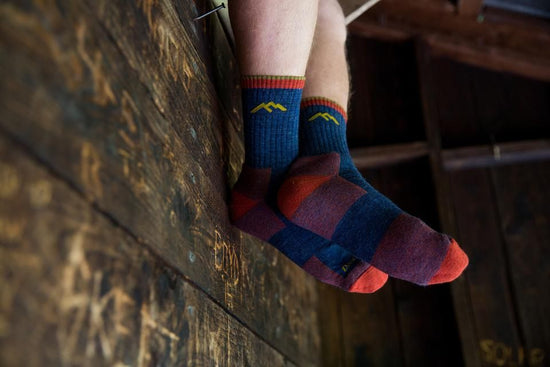One of the best things you can do to make your life happier and give you a sense of purpose is to make a serious effort to do at least one good deed every day. Actively train yourself to look for ways to help others (human or otherwise) or to somehow act in a way that will bring a little more understanding and happiness into the world.
When you discover an opportunity to be helpful, generous, fair, kind, or compassionate, be grateful that you found it. Then act the same way you would if you were an athlete and the coach has just told you to get in the game and "show us what you can do".
This simple activity will generate consequences far beyond what seems likely. For instance, you will sometimes experience what is called the Helper’s High — a strong feeling of emotional warmth and inner peace that seems to fill your body and mind and can, at times, create a memory so strong that you can easily re-experience the feeling when you think about it sometime in the future.
In addition to the peaceful and euphoric feeling of the Helper's High, your good deed will allow you and the person receiving the kindness to experience the world as a better, less hostile, place. Studies have shown that even people who only witness an act of kindness feel positive emotions and are more apt to do a good deed themselves. In this way, each good deed you do not only allows you to experience a positive connection with the world, it also provides evidence of this connection to other people and encourages them to do good things as well.
Perhaps the most important result of doing a good deed is that as soon as it is done it immediately becomes a permanent part of your personal history and the history of the universe. In this way, one good deed at a time, we build a deeply satisfying past and gain experience in living a positive life.
Along with the past, the future that follows because of your good deed is also shaped the moment you do it. This is because you chose to do what you did from the possibility of doing a hundred other things you could have done instead, and, since good usually grows from good, it is likely that your act of kindness or consideration of others will have a positive effect on future events that you may never witness but that were, nevertheless, shaped by your action.
So as you can see, what you do in the here and now forms the past, which can never be changed, and shapes the future in a way that is likely to be better than it was before you acted. Bring this thought to mind at the moment you must decide on whether or not to do a good deed. For no matter what you choose to do, you are exchanging a bit of your life for it. So make it worthwhile, keep your goal in mind, and do what is best.
Before you go to sleep each night, take a moment to recall the good deed you did that day and be grateful for having the opportunity to act in a way that quite possibly changed the world in some positive way. Keeping a journal of these good works is a worthwhile practice — especially in the beginning while you are getting in the habit of vigorously seeking to do some good each day.
The entries in your journal need only be long enough to remind you of what you did and do not need to be detailed records of your actions. Their purpose is to help you recall the good you have done and to remind you that the days of your life did not simply pass by, but, that they made the world a little better than it would have been had you not been there. It is a small thing to do, and you will find it offers you considerable satisfaction and further encouragement to do more good deeds. In addition, reading this journal at some later date will remind you that your life made a difference to those you met and give you a deep feeling of satisfaction.
There will be times when you cannot decide if the deed you are considering is really good or worthwhile. At times like this, you should ask yourself what you would want done to yourself if you were in the same situation as “the other.” This guideline, often known as The Golden Rule, can be found in a great many of our world’s philosophies and religions, and it can usually be relied upon as a guide to determine if the deed you are contemplating is a good one.
Try to be sure that your actions are based upon your best knowledge and highest ideals, for then you will have given some thought to choosing your course of action rather than automatically following the lead of the first idea that forms in your mind. Work at developing the ability to be aware of the option to do the right thing when the moment of decision is upon you. You will be glad that you did and so will many others.




